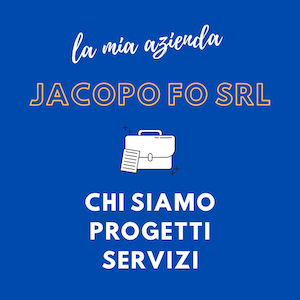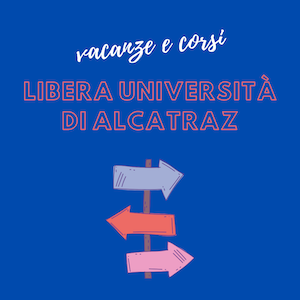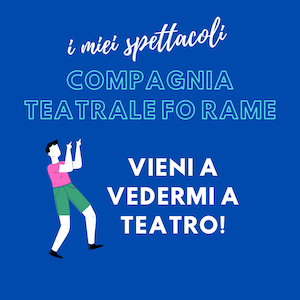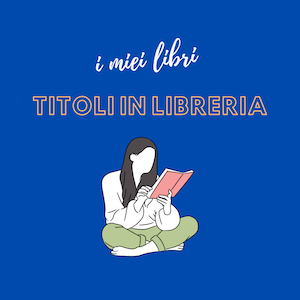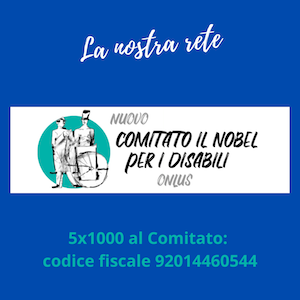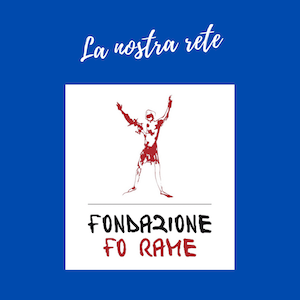How to reduce crime in 7 days
Inviato da Jacopo Fo il Gio, 06/23/2011 - 10:05Professor Antanas Mockus, a lecturer in mathematics and philosophy of Lithuanian origin, was giving a class in a lecture theatre at the University of Bogotà to an audience of distracted students, offspring of a city where the inhabitants speed through the crossroads to prove who has right of way. The professor was convinced he had something important to say and decided he definitely wanted to be heard. So, climbing up onto the teacher's desk, he proceeded to pull down his pants and underwear, revealing his behind to the dumbstruck students. The professor then concluded his lecture and left the theatre. The students remained paralysed and speechless. The professor was fired from the university for unacceptable behaviour. He declared: “Obviously you are not interested in teaching unless you can maintain those useless rituals which grant you.” Angered, he decided to stand for local elections with the absurdly named Visionary Party. He won the election. His manifesto: to cut the number of homicides by half. It was absolutely necessary to reduce criminality, which had reached frightening levels: during 1997 Bogotà recorded 4,500 homicides, more than 12 deaths a day, amongst a population of just over 5 million people. It was among the most dangerous cities in the world. But where to start? Antanas Mockus began by tackling a secondary problem, still linked to crime, which was hugely visible and relatively simple to solve with shock therapy- the question of traffic violation. In this regard he confronted the most visible and simple aspect: traffic lights. No one ever stopped at the traffic lights. The idea was that respect for the traffic lights would have a positive impact on the city. The mayor assisted in an unexpected and surprising way. A thousand clowns were hired and one beautiful morning the motorists of Bogotà found their traffic lights patrolled by groups of funny clowns, who squirted water at the drivers who did not stop at red lights but danced and offered flowers to those who respected the right of way. At the same time, hundreds and thousands of flyers were distributed, showing the drawing of a fist with the thumb raised in the gesture of OK! The same flyer turned upside-down, with the thumb facing downwards, signified obvious disapproval. At the traffic lights you could see the clowns using these cards to approve or disapprove of the behaviour of the drivers. People began to copy them, and soon it was discovered that the citizens of Bogotà were more afraid of clowns and other motorists making fun of them than the fines of the traffic wardens. The traffic started to improve and coincidentally in the space of a week the number of homicides fell.
In the meantime structural measures were taken - public transport was doubled and efficient support systems for poor families were devised, allowing them to build decent houses on public land and turning the collection of waste into a resource for the poorest: food, medicine and books in return for sorting refuse.
So, thanks to the recycling and valorisation systems, the once inefficient waste collection system now provided work for thousands of people through a micro-organisation of the service. The city became a cleaner place. The bureaucracy was simplified and the systems rationalized. Among the measures taken to change the people’s image of the city was the invention of “Women's Night”. Every Friday night it was forbidden for men to be even seen on the street (although there were obvious exceptions) - on this night the city belonged solely to women. If this wasn't enough, the Orange Juice Night was introduced: one evening a week in which it was forbidden to drink alcohol.
Reforms were radical: thanks to “Pot” (Plan de Ordenamiento Teritorial /Territorial Organisation Plan), a project to redevelop dilapidated parts of the city, new green parks were created to the point where the number of public green areas in the city increased by at least 4.5 times in only 5 years. Between 1997 and 2002 a new water supply system was set up and some rivers and canals were cleaned. Four large libraries, and 16 smaller ones, were constructed along with 52 new schools which were built in the city’s suburbs. Thanks to the “Plan Maestro de CicloRuta” 297km of cycling and walking tracks were created across the city within the space of ten years.
These changes in the city had a profound effect upon the reduction of crime. The statistics of the Mockus government in the battle against crime are astonishing: between 1997 and 2002 homicide fell from 4,500 to 2,000 (per annum). Much remains to be done in Bogotá (50% of the population remain below the poverty line) but unquestionably the quality of life and the opportunities offered to its citizens have unquestionably come on in leaps and bounds.
Translated by Clare Hawkins and Ilona Noone, MA in Advanced Language Skills, NUI Galway.

